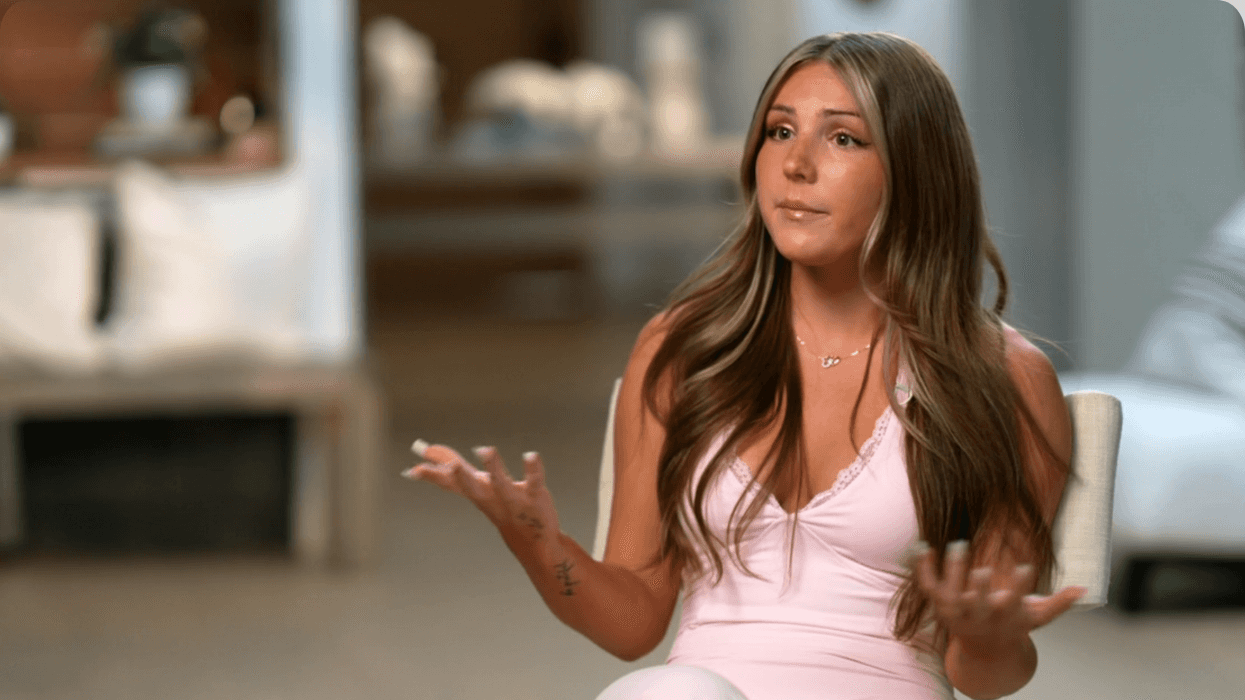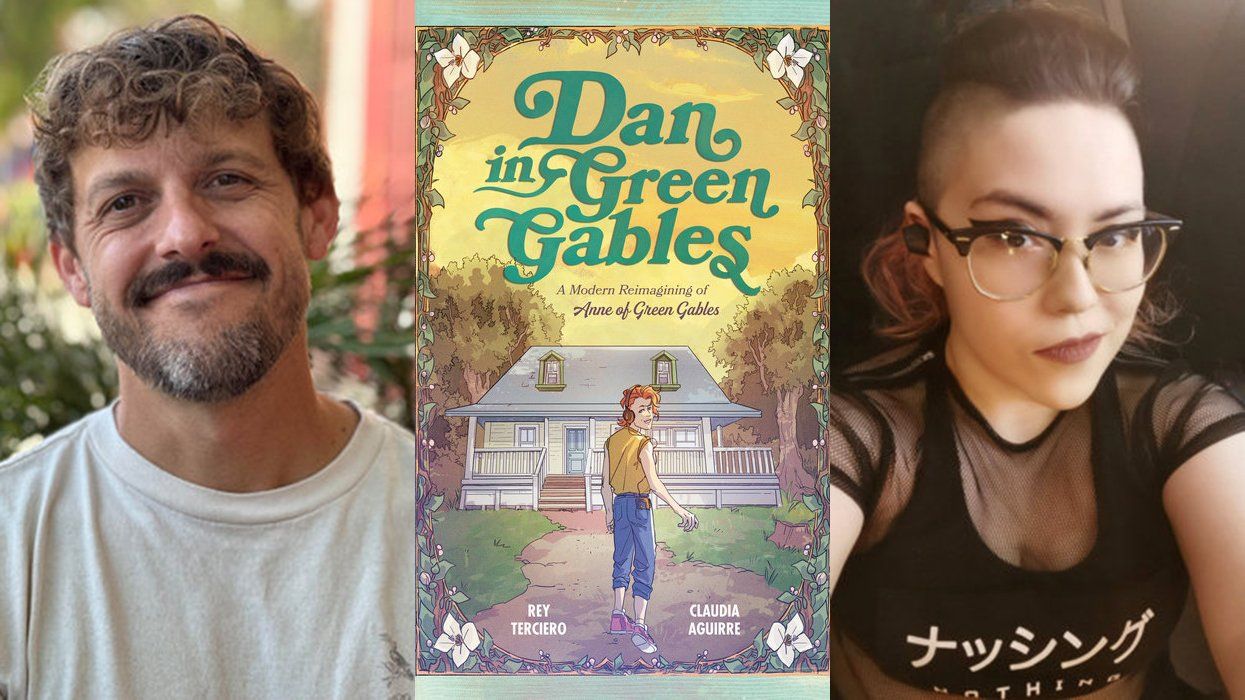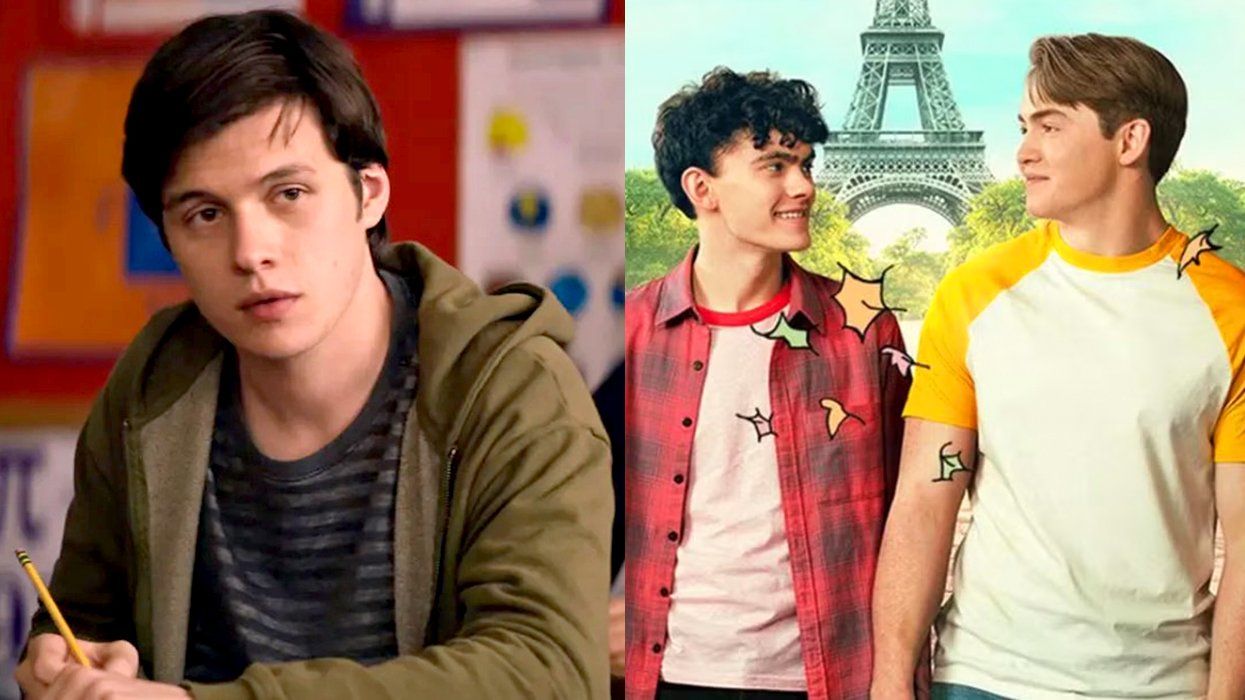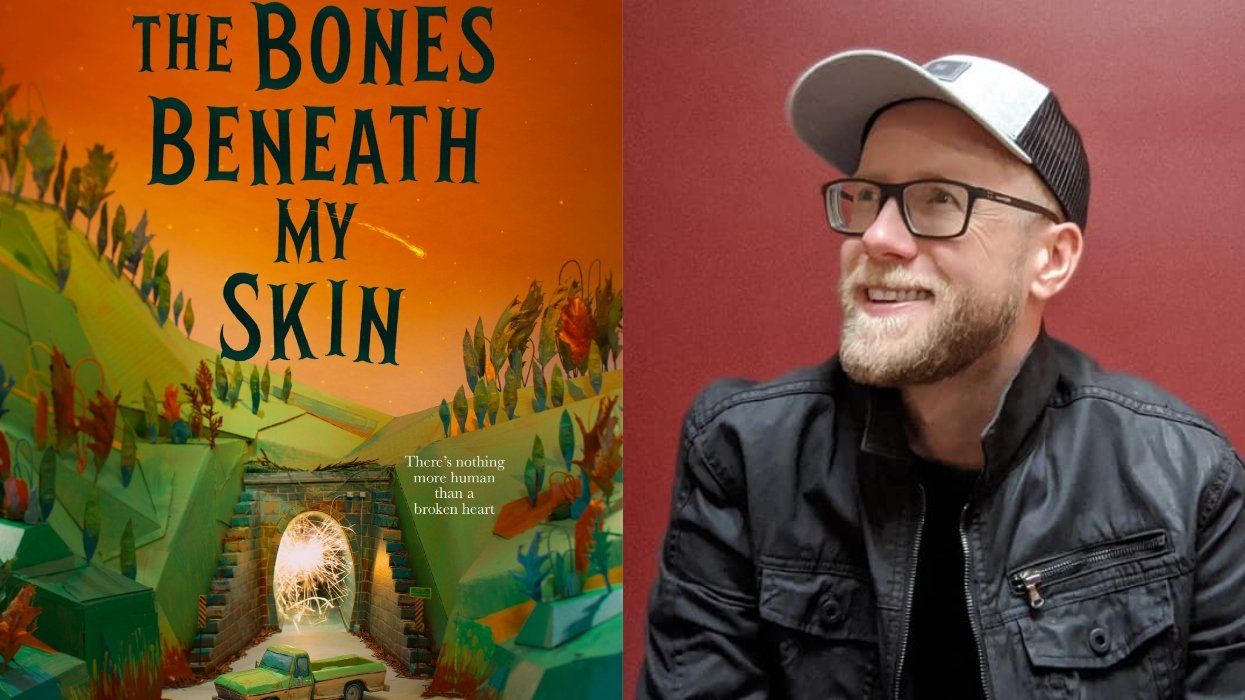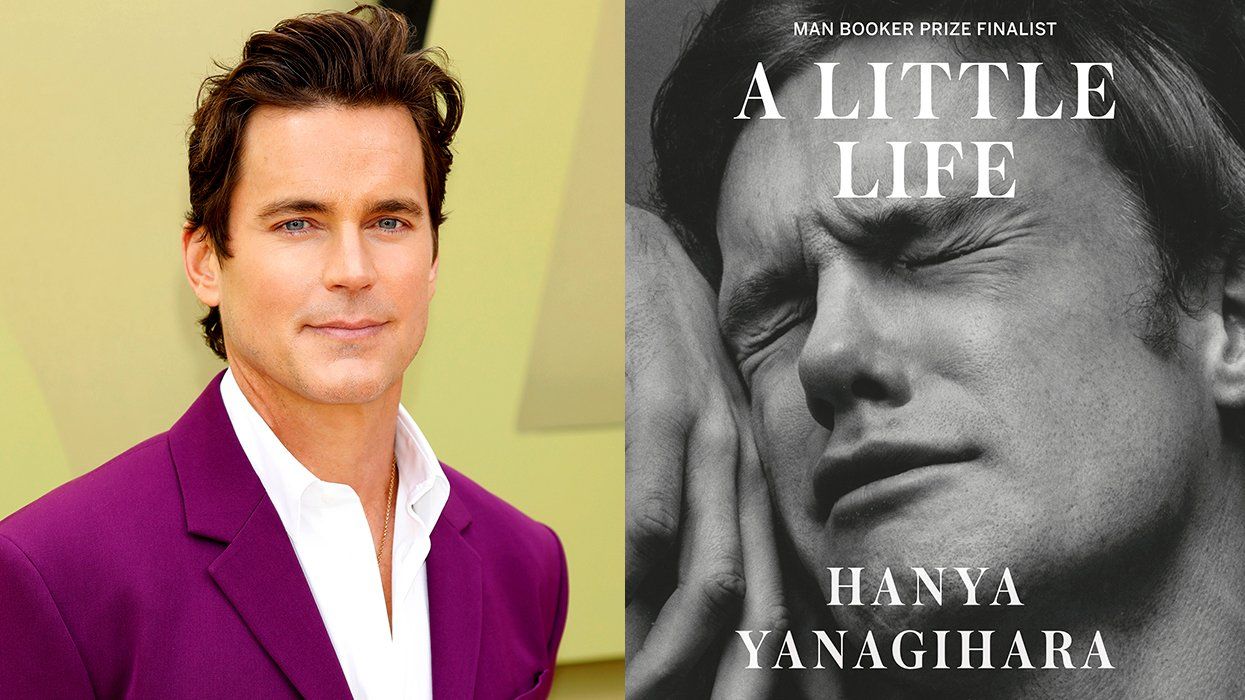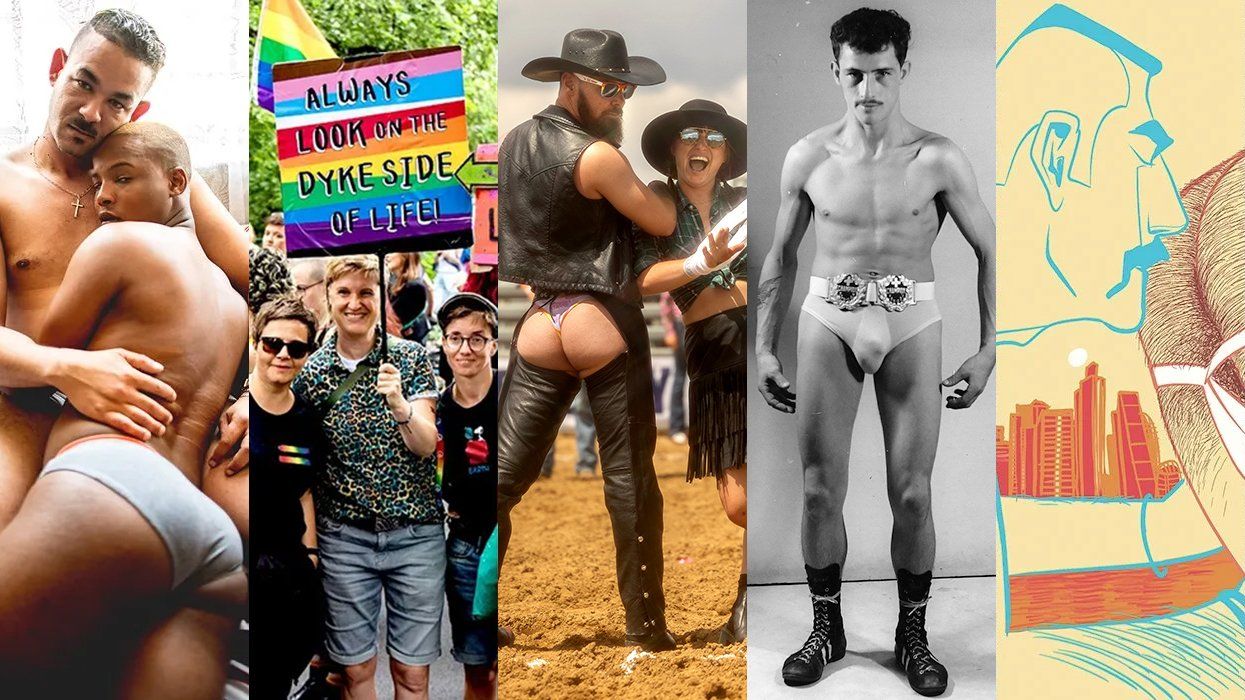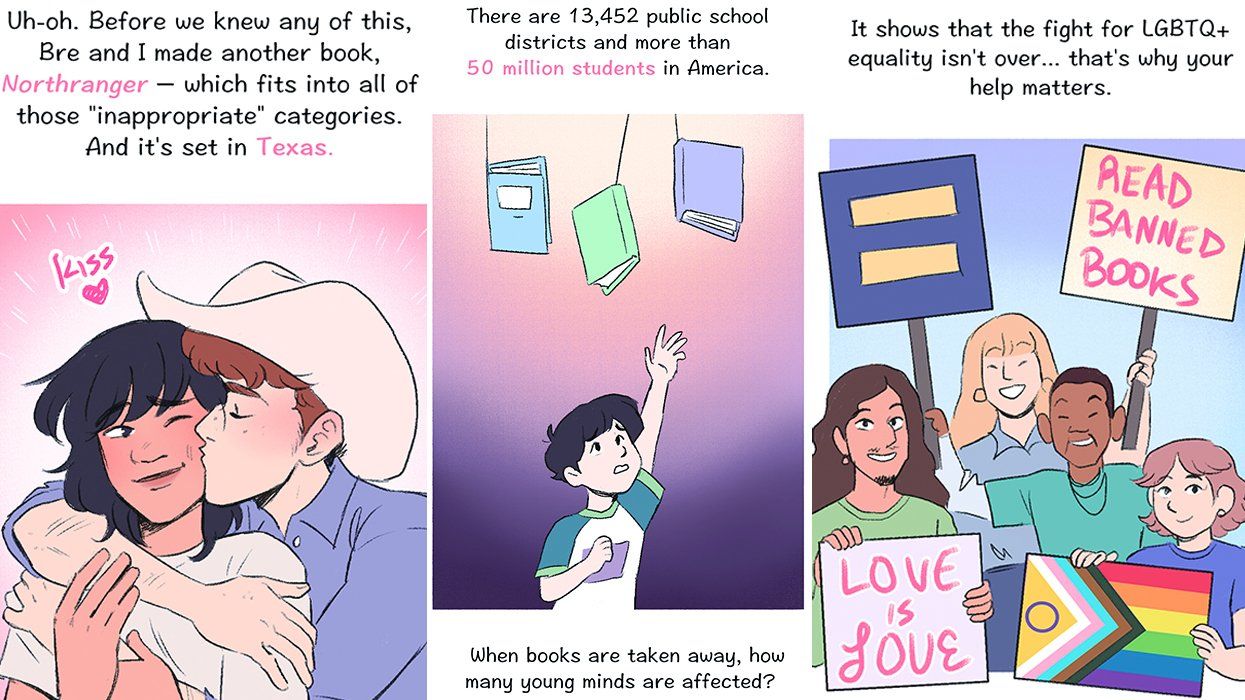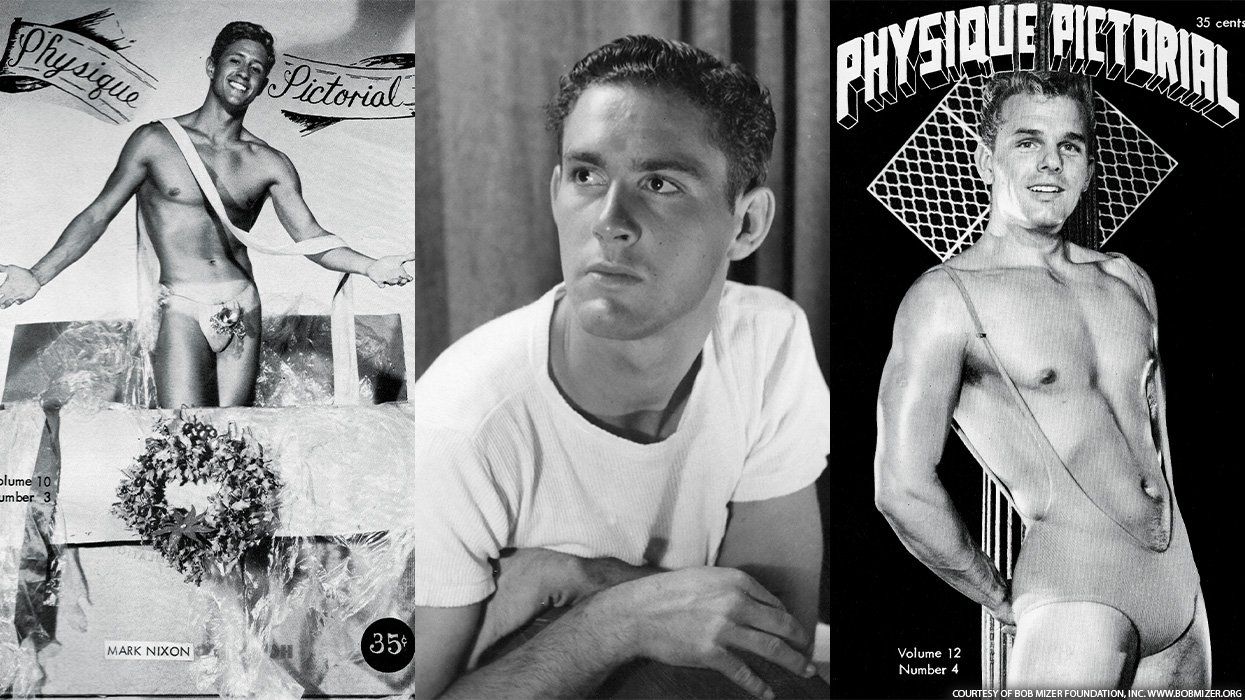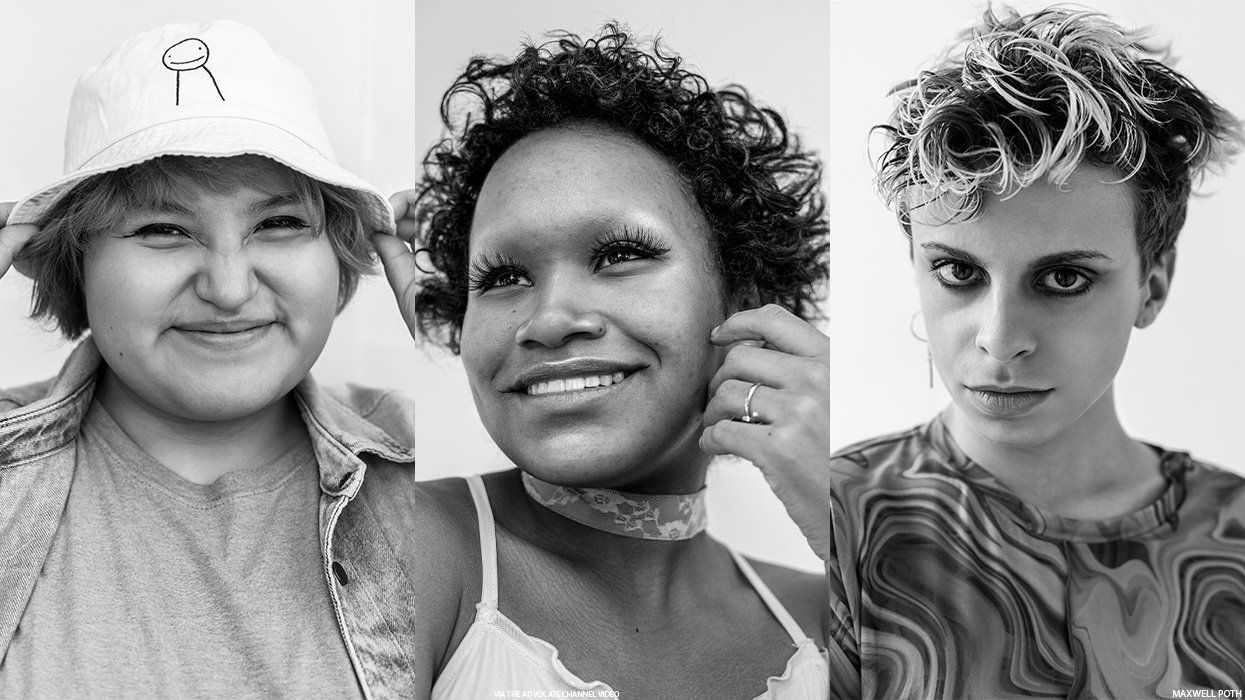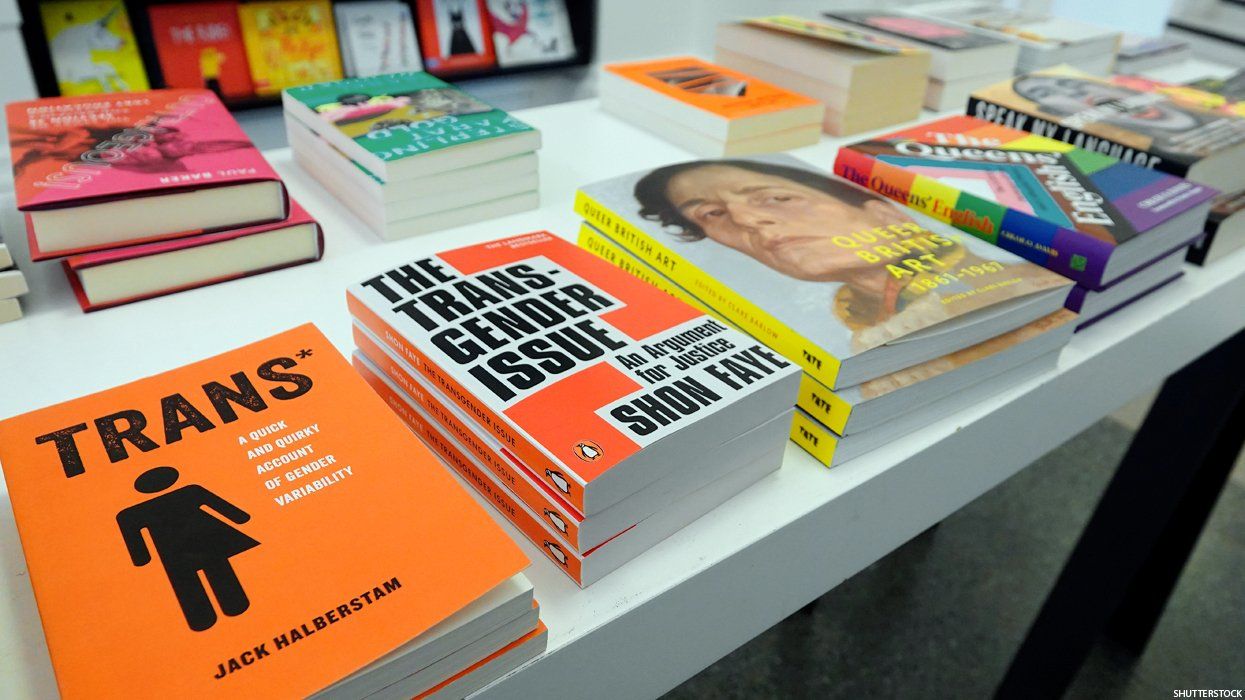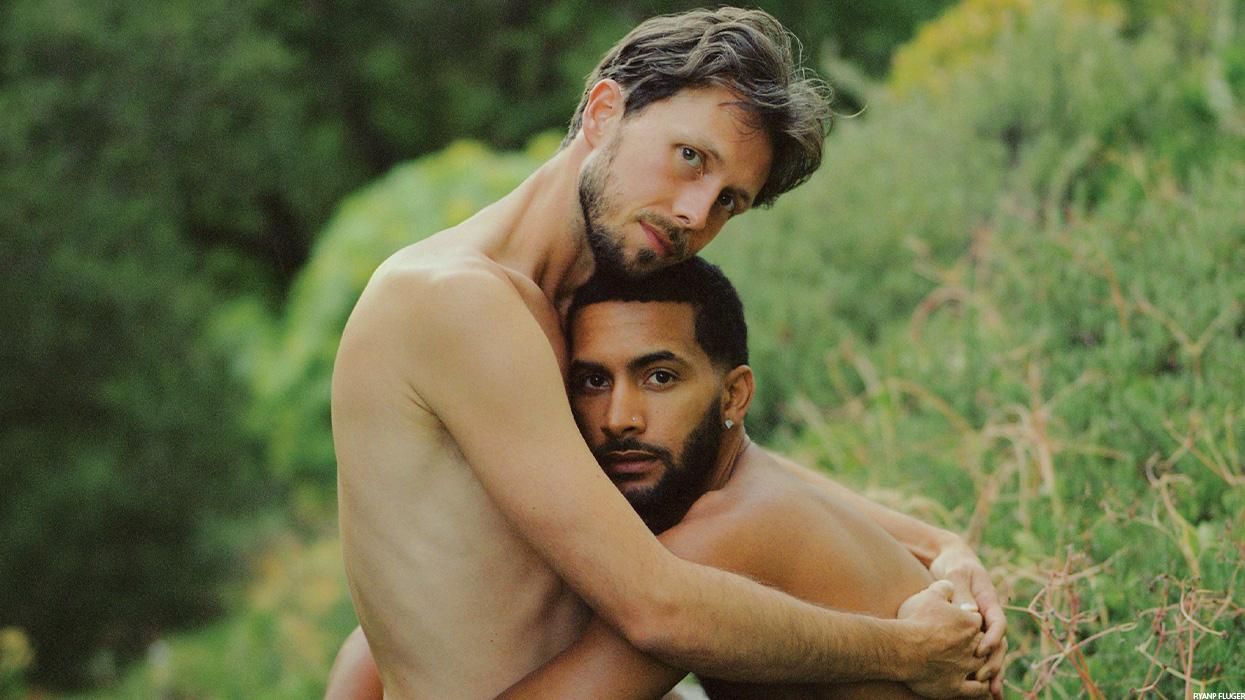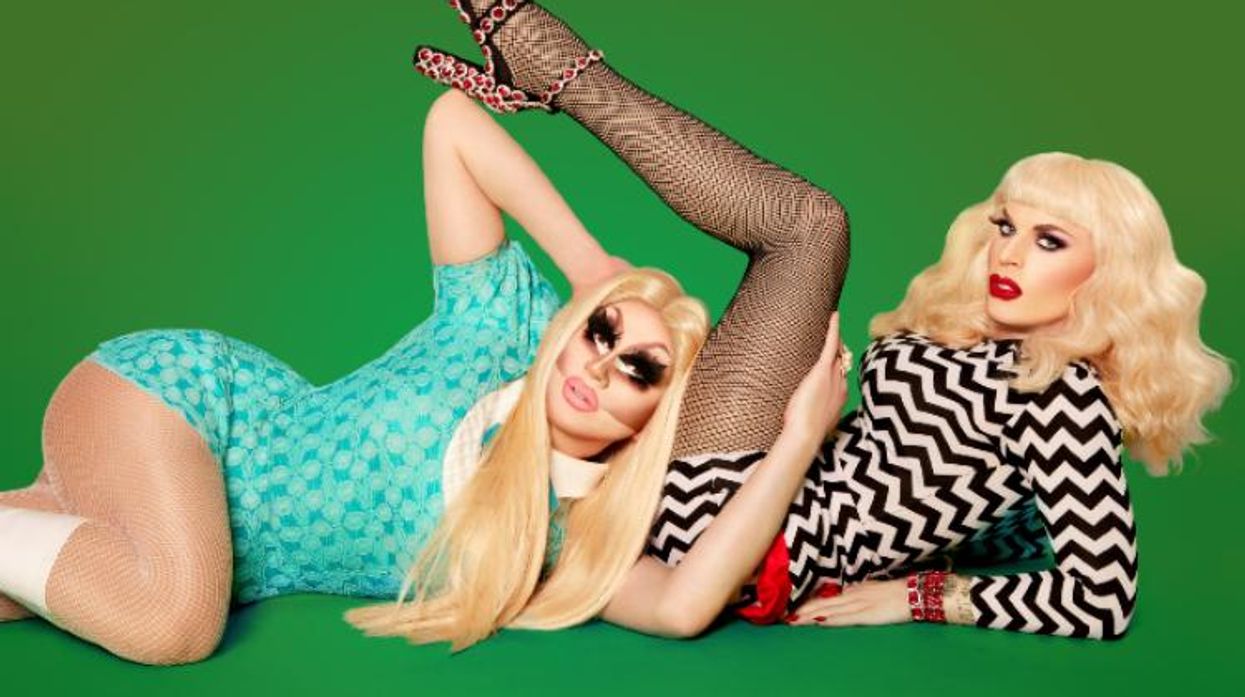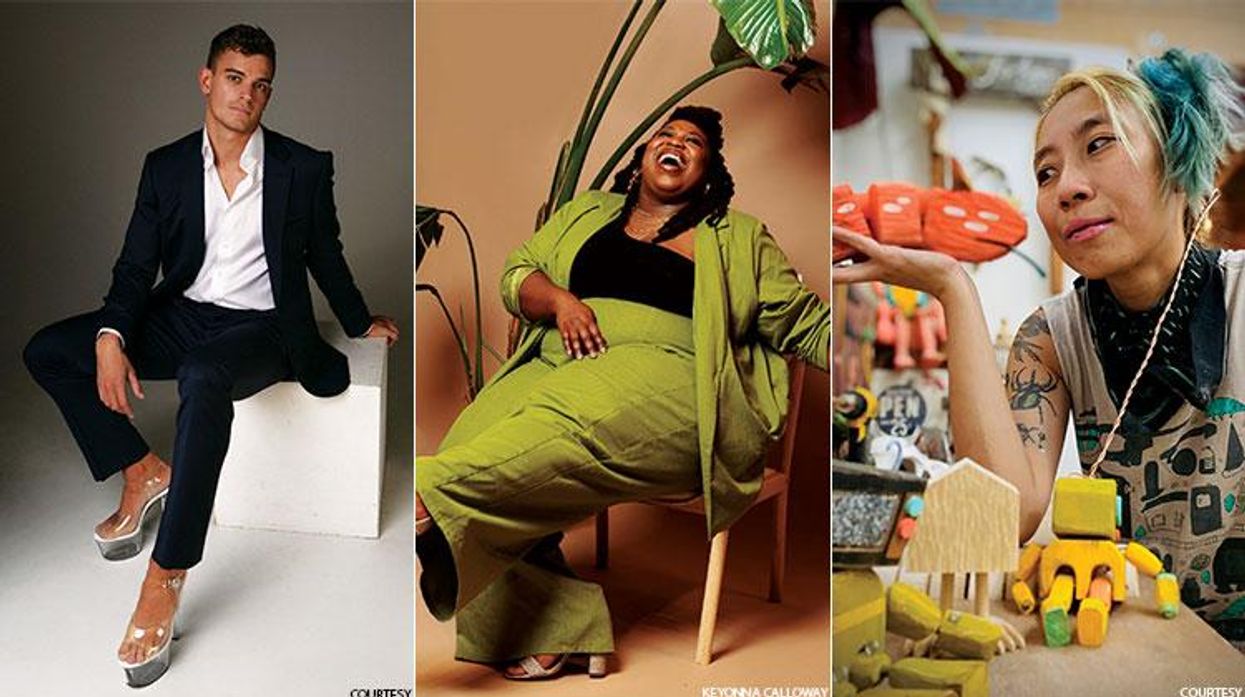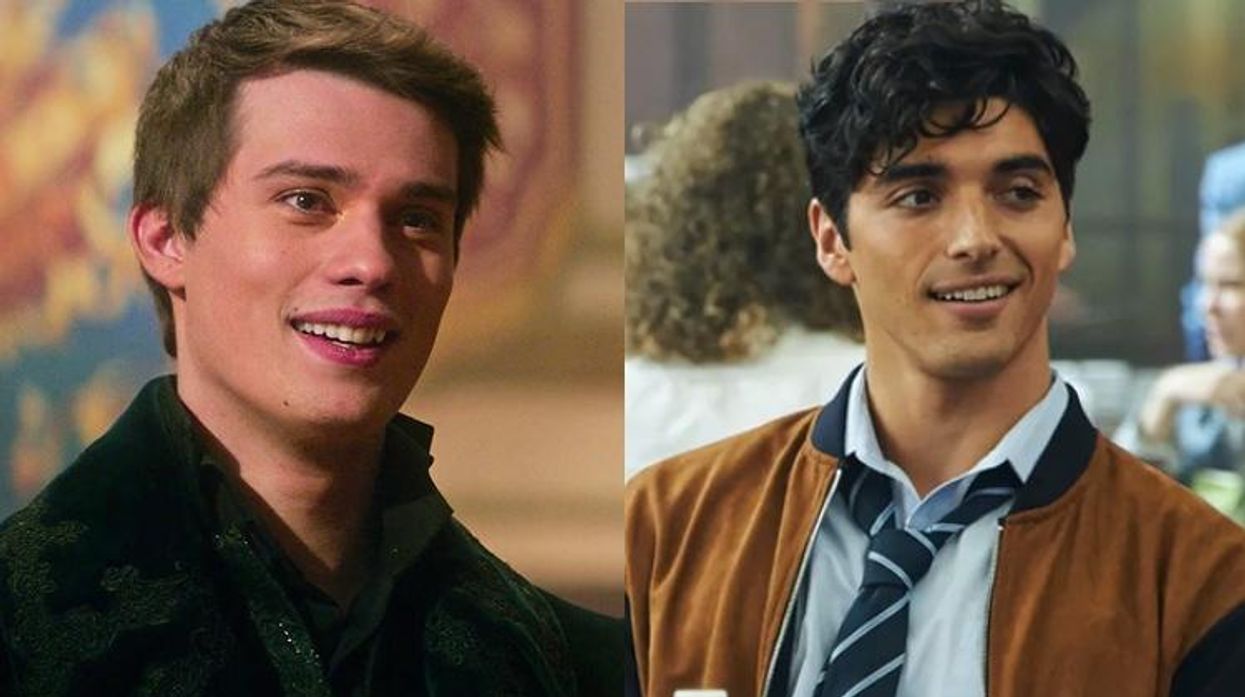Photo courtesy Sami Haddad (Saleem Haddad)
On June 12, in Orlando, hatred and terror attacked LGBT Americans in unprecedented brutality. In the aftermath of the massacre of 49 queer people dancing and singing on a Saturday night, we've seen fear, grief, and outrage. But we've also seen openness and love--queer people under attack refusing to hate and attack in response.
I've always believed you cannot hate someone you understand. This is the root of empathy, and empathy is the root of fiction. Through lives other than our own, we can expand our sense of the world. Few stories about queer lives and love make it out of the Middle East. But what is LGBT life in the Arab world? What is the life of an ordinary gay Muslim man? How does he navigate the fault line between the personal and the political? How does he express his identity and his desires in a culture shaped by Islam? Where does he go to dance and sing and be himself? In his debut novel, Guapa, Saleem Haddad answers those questions about one young man. Set in an unnamed Arab city shattered from political crisis and violence, it follows Rasa for 24 hours as his personal life is falling apart.
David Ebershoff: At the center of your novel is a queer bar. Why is that so important to the story and to so many LGBT stories?
Saleem Haddad: The novel's central question revolves around how to live authentically in this world, a fundamental dilemma for everyone in the LGBT community. For LGBT Arabs and Muslims, we often find ourselves at the cross sections of identities that everyone else wants to tell us are incompatible. This is particularly the case after the horrible attacks in Orlando. For queer Arabs, as for many others in the LGBT community, bars and clubs are our safe spaces. Centering my novel around a queer bar -- Guapa -- was a way to show the importance of these establishments--not just as safe spaces but as political spaces as well. And as I wrote the book, I found the main character, Rasa, grappling with this question: How can you live, as an Arab, as a Muslim, as a gay man, and ultimately as a human being, in a way that is authentic?
What did you envision when you first started writing the novel?
I had always wanted to write a novel set in the Arab world with queer characters, but for a long time I struggled to find the right lens to capture some of the issues I wanted to explore. The idea came to me while I was at a friend's house in Morocco in September 2011. At the time, the Arab revolutions were still in the early stages and there was a huge sense of optimism. I was watching the 10-year commemoration of the 9/11 attacks on television, and I got the idea of writing this epic gay love story set over the course of 10 years -- from 2001 to 2011 -- that would look at the 9/11 attacks, the wars in Iraq and Afghanistan, and finally the Arab revolutions. Those were such monumental moments in the lives of young Arabs, so I wanted to understand their impact from a personal and political level. In the end, however, the 10-year span I had in mind was condensed to just 24 hours in Rasa's life.
Did you feel any burdens of representing his identities?
I was very aware that whatever I was writing may be taken as a representation of "the queer Arab experience," and the burden of having to represent hundreds of thousands of queer Arabs -- with their own unique experiences and challenges -- initially paralyzed my writing. Ultimately, I could only write once I absolved myself of the need to represent anyone.
Why fiction? What does the novel allow you to do that nonfiction cannot.
I wrote the book while working in the soul-deadening world of international policymaking, where decisions are made on the basis of logic and rationality, and emotions are treated with suspicion. At the time, I despaired at how we could talk about issues of revolution and change, or sexuality and gender, without looking at the intersection between the political and the personal. Revolutions are not rational events that can be addressed through the logic of policy prescriptions. Revolutions are very personal and are made up of the thousands of individuals who play different parts in them. And each individual is undergoing a very personal transformation in the process of a revolution. Exploring this through fiction provided me with an avenue to look at the Arab revolutions from a very personal perspective.
I find that fiction--if done well--can handle the multiplicities of experience and does not need to reach final conclusions. Nonfiction can do this too, but fiction sometimes can point to a truth that can only be stated via imagination and metaphor.
Exactly, and finding truth through metaphor was something I explored by using a fictional Arab country. In many ways, while the country doesn't exist, I felt that I could draw out broader metaphors that might speak to a larger "truth" about the region's current political and cultural conflicts.
How is Guapa being discussed in the Arab world?
Guapa hasn't been translated into Arabic yet. I think Arab publishers are naturally nervous about the novel, not just for its frank discussion of sexuality but also in the way it explores social and political hypocrisy. But I've had some positive coverage in some Arabic media, and the book is being sold and read in English in a number of bookstores in the Arab world. I've also heard that references to the novel have appeared in some Grindr profiles in the Middle East. That, to me, is the greatest gift a novelist could ask for.
Like what you see here? Subscribe and be the first to receive the latest issue of Out. Subscribe to print here and receive a complimentary digital subscription.





